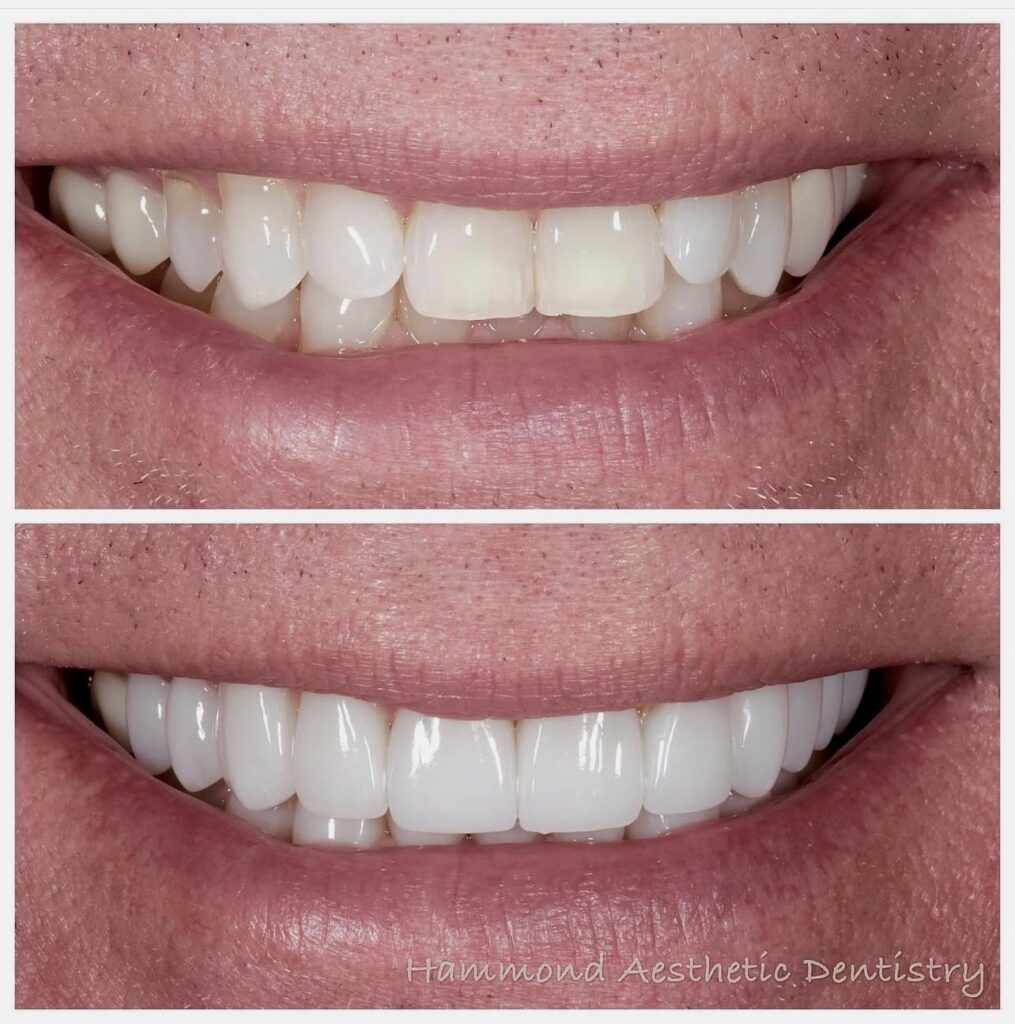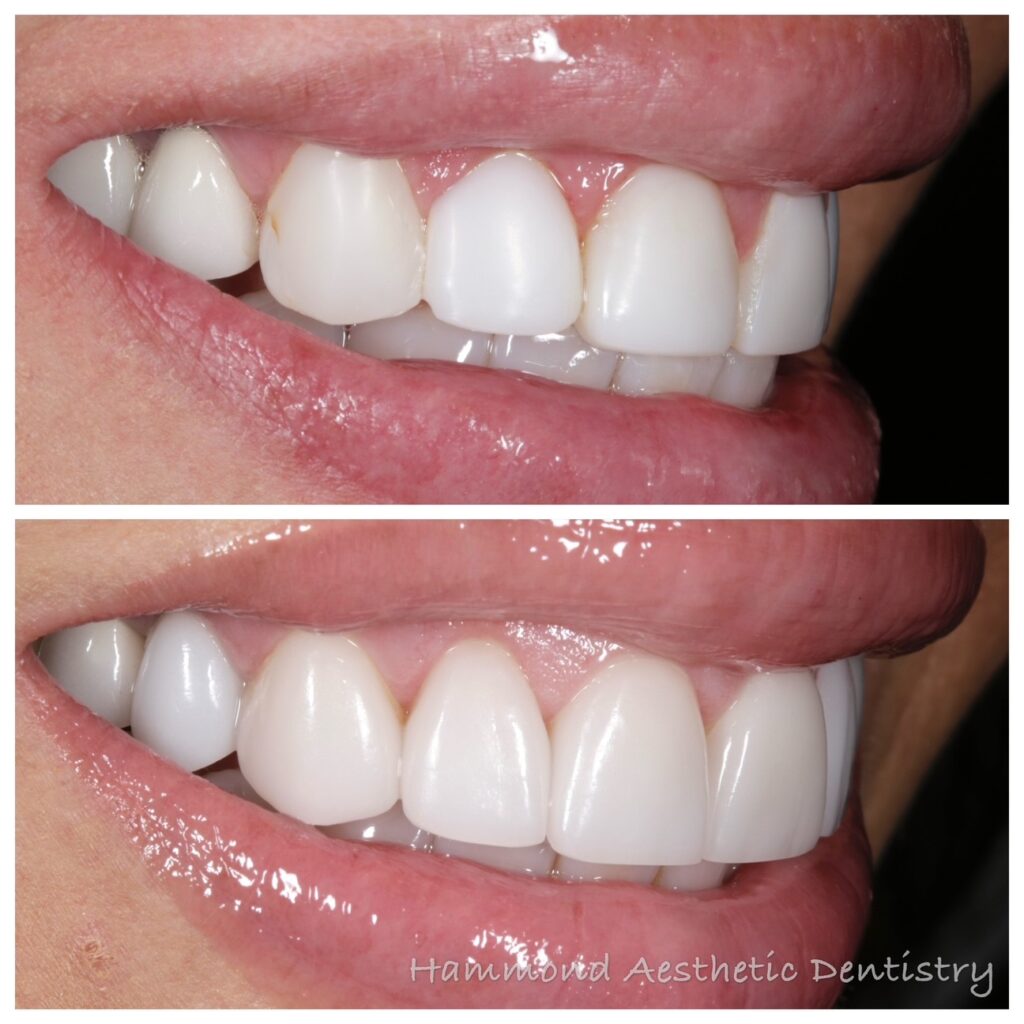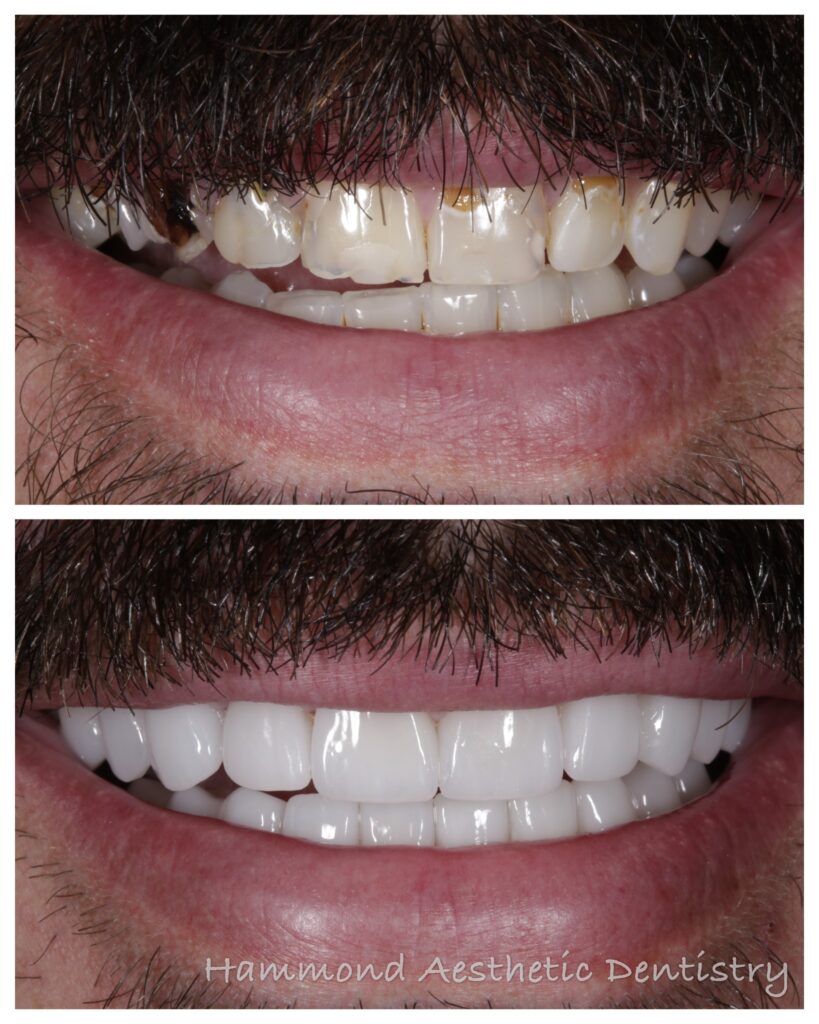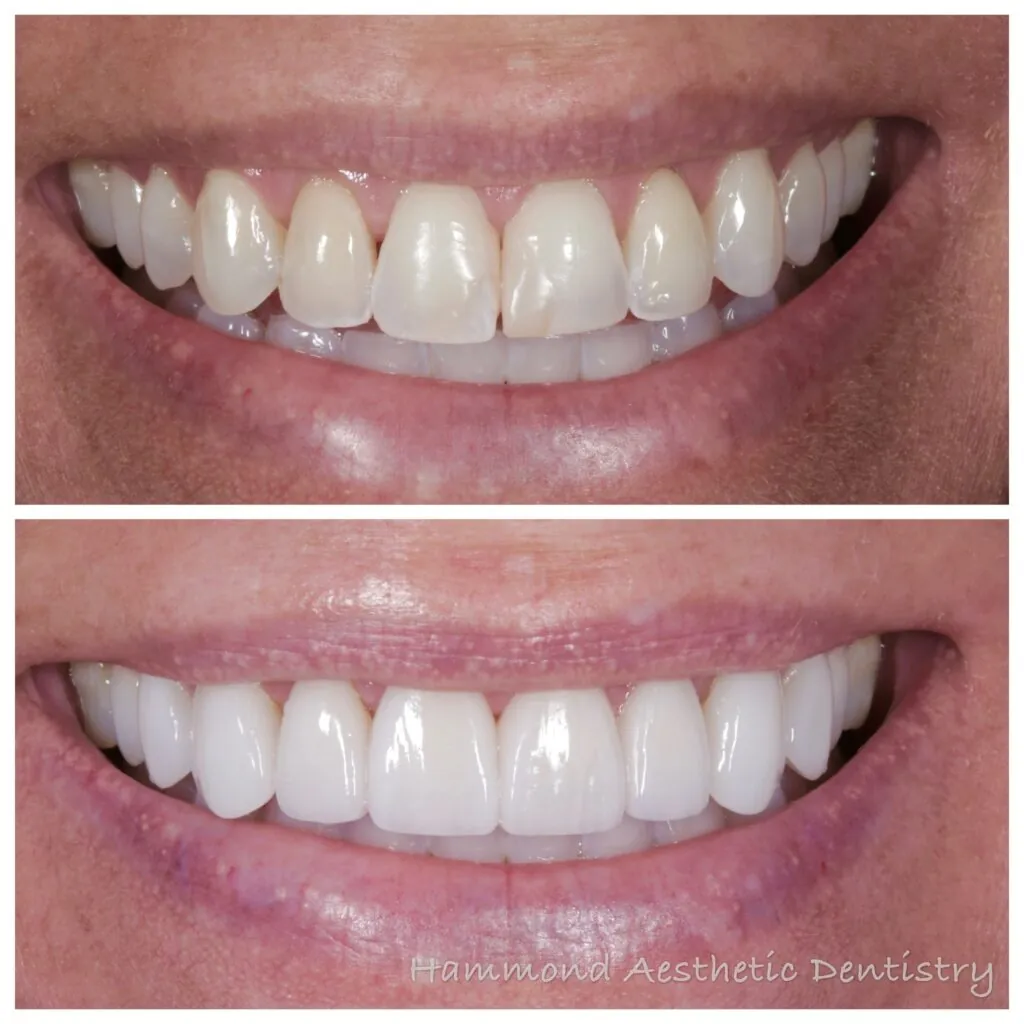Shedding summer pounds can harm your teeth
With summer just around the corner, many people are dieting and shedding a few pounds before trying on swimsuits and heading to the beach. Actions taken to control your weight may affect more than your suit size, they can put your teeth in danger, reports the Academy of General Dentistry, an organization of general dentists dedicated to continuing dental education.
Crash diets, eliminating meat or fatty foods, appetite suppressants and extreme behaviors such as fasting and binging and purging harm teeth. “People need to be aware of how their dieting actions affect their oral health,” says Heidi Hausauer, DDS, FAGD, spokesperson for the Academy of General Dentistry.
Diet pills may decrease salivary flow and cause dry mouth which is devastating to oral health, says Dr. Hausauer. “Fasting can cause a decrease of necessary minerals, including calcium, and anorexia can lead to a deficiency of vitamins and minerals needed to maintain a healthy body and oral health.”
Diet is an important part of an individual’s medical history, and patients should always inform their dentist and physician if they adhere to a diet plan, dieting behavior or undertake drastic dieting actions. Dr. Hausauer reports the following behaviors and their potential impact on teeth:
Dieting Actions
|
Health/Oral Health Implications
|
Dental Advice. What Can Do You?
|
Vegetarian
Lifestyle |
- Studies show that a raw food diet bears an increased risk of
dental erosion compared to conventional nutrition.
- Strict vegetarians risk deficiencies in calcium, Vitamin D,
Vitamin B-2, vitamin B-12 or complete proteins.
- Adults on a vegetarian diet for a prolonged period can increase
their gum disease risk.
|
- Consult with a physician or nutritionist.
- Learn about food combinations to ensure adequate nutrition needed
to maintain overall health and oral health.
- Protect teeth from erosion lesions by brushing with a soft
toothbrush, flossing and rinsing with a fluoride rinse or using a
concentrated fluoride gel.
- Take a multivitamin daily.
|
Diet
Pills |
- Decreased salivary flow, or dry mouth, especially in middle-aged
patients. Saliva neutralizes plaque acids; without saliva, tooth
decay can occur very quickly.
- A decrease in saliva increase risk for cavities, gum disease, oral
candidiasis, and discomfort since foods that are consumed adhere to
teeth longer.
|
- Increase water intake, to prevent mouth from drying out.
- Increase brushing time and floss at least twice a day to help keep
teeth clean.
- Use a regular fluoride toothpaste – whitening toothpastes with
peroxide may be too harsh in a dry environment and can damage the
enamel.
- Special toothpastes and saliva substitutes are available for dry
mouth sufferers.
|
Fasting/
Anorexia |
- Can lead to a deficiency of vitamins and minerals.
- Calcium deficiency can result in osteoporosis, a rise in blood
pressure, and oral health problems such as periodontal disease and
eventual tooth loss.
- While the tooth enamel is usually formed by age 6, the cementum
and dentin – the tissues inside the tooth – continue to require
calcium throughout adulthood.
|
- Eat crunchy foods – the detergent action scrapes plaque off teeth.
A lack of crunchy foods increases the need for more diligent home
oral hygiene procedures.
- Take a multiple vitamin daily, including a calcium supplement.
- Eat dairy products – it’s the best source of calcium, or try
reaching for low-fat dairy products.
- Try other good calcium sources – leafy green vegetables,
calcium-fortified tofu, and the soft bones of fish such as sardines
or salmon.
|
Bulimia/
Binging and
Purging |
- Bulimia is often first discovered by the dentist. Vomiting can
cause the erosion of the backside of the upper front teeth sometimes
within days of the first vomiting episode.
- Purging weakens the tooth structure, and brushing immediately
afterward increases enamel wear.
- If preventative measures are not taken, the dentin, the softer
inner tooth structure, is affected.
- Sugar found in refined carbohydrates such as junk food further
contribute to tooth structure damage.
|
- Neutralize stomach acids in the mouth immediately after purging to
help protect teeth.
- Instead of brushing right away, the most effective treatment is
rinse with a fluoride rinse.
- Use a counter-acting paste, such as baking soda and water, and rub
it on the teeth after vomiting to neutralize the acid. After 30
seconds, rinse the paste off and proceed to brush, floss and use
mouthwash to refresh the mouth.
- When that is not possible, rinse the mouth with water after
purging.
|





